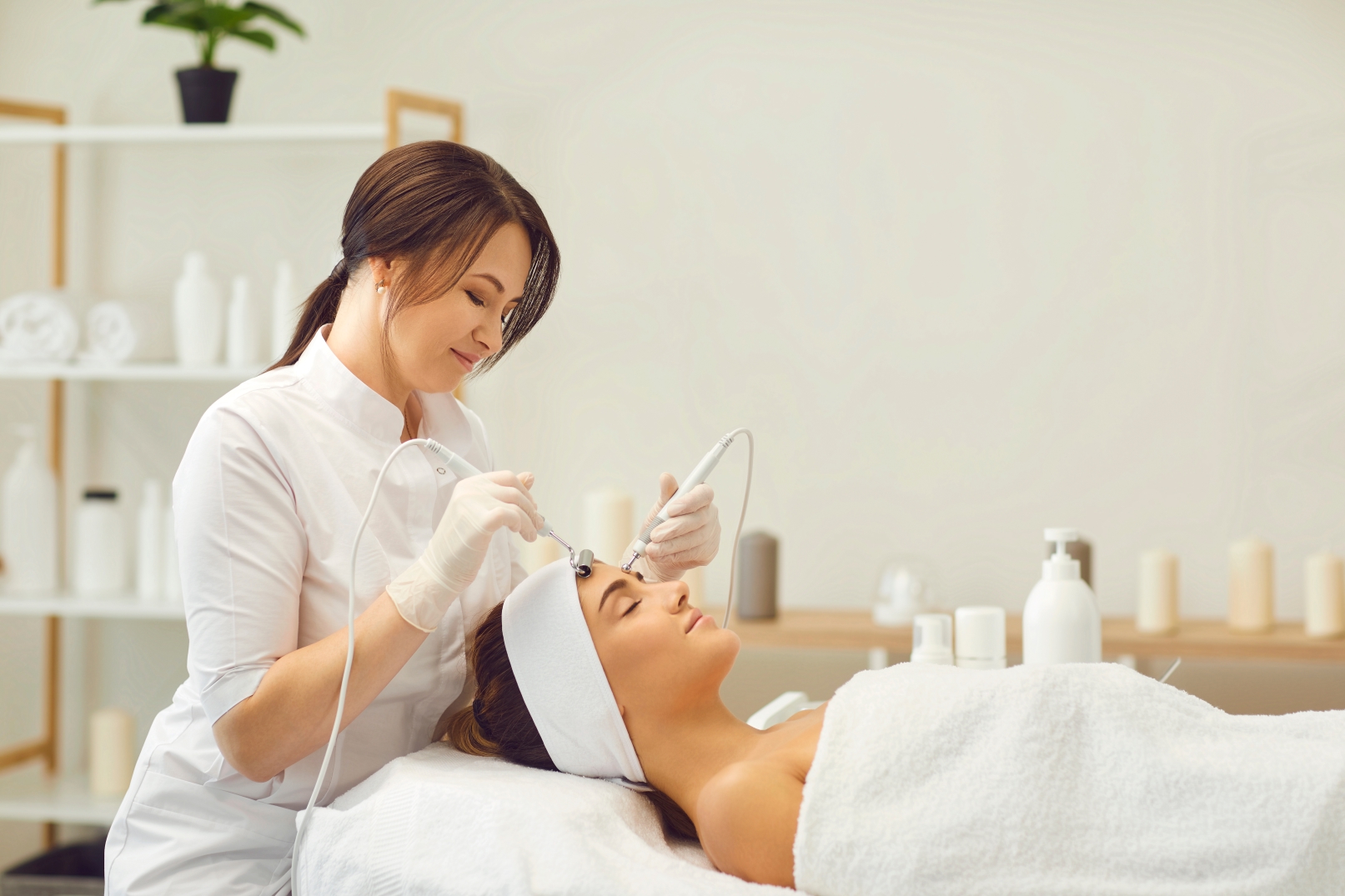Choosing the RIGHT aesthetic practitioner for you

Choosing the Right Aesthetic Practitioner
Choosing your aesthetic practitioner can be a daunting task. My problems have always been acne and scarring. I was too embarrassed to ask for help as my friends all have visibly flawless skin! And truth to be told, I was a little lazy… ok a lot …. But only because after a long day at work the last thing I wanted to do was to think about my skin problems. On top of that, Google search always showed the most expensive option first, which was a put off for me.
So, I did what I thought was RIGHT. I picked the first clinic with good reviews and experienced practitioners who looked like they could heal my scars with just a touch. (like Midas, but instead of gold it would be perfect skin!)
But boy was I wrong! As soon as I stepped into the clinic I felt out of place. The consultation with my practitioner was professional, not to mention the facilities and its décor was on point. I felt like I was in a high-end spa facility. I can see why it was expensive, but I didn’t feel like it offered what I needed. Naturally, I didn’t go through with it and suffered in silence!
Finally, after trying my one hundredth “over the counter product” with no discernable result, I went back to looking for an aesthetic practitioner. However, this time I went in with a list of ‘must haves’ and ‘like to haves’. This made my search for a practitioner more targeted and I realised why investing in the right practitioner is important.
So, here are my top ‘must haves’ in an aesthetic practitioner and the rationale behind them!
1) Choose a qualified healthcare practitioner.
Doctors, dentists or nurses. Why? It is a prerequisite for these professionals to be registered to a regulatory body. Let’s take doctors for example, The General Medical Council (GMC) is their designated regulatory body. They set standards of care for doctors and medical students to adhere to. Failure to meet these standards can lead to severe consequences, including the risk of having their license to practice revoked. (NMC for nurses and GDC for dentist)
Furthermore, these practitioners have a good foundation of skin and injectables in their early training years. Knowledge on skin anatomy and basic skills such as holding a needle and injecting, are ingrained in them from an early stage of their training. Having these skills prior to obtaining further qualifications in aesthetics is vital. It can be thought of as a foundation prior to aesthetic training.
2) Practitioner qualifications.
Now if you do not already know this, in the UK there are no regulations when it comes to non-surgical aesthetic procedures. Anyone can administer fillers regardless of training or qualifications. Training in the UK is not standardized. Training providers provide courses that range from a half day to a diploma level. Therefore, always check what qualifications and where your practitioner have had them from. Reputable training providers include Interface Aesthetics, Acquisition Aesthetics, Avanti Aesthetics and Harley Academy.
Alternatively, you can always look at practitioner’s reviews and ratings or ‘before and after’ pictures for an overview of their work. However just be mindful that not everyone will have the same results as there are many other factors that influences the end results. Expectations can sometimes be far from reality.
3) Indemnity insurance.
In 2013, a report published by the Department of Health by Sir Bruce Keogh (previous NHS medical director) compared the lack of protection in non-surgical aesthetic intervention to as simple as buying a ballpoint pen or toothbrush!
Aesthetic healthcare practitioners have indemnity insurance as a form of insurance for damages or loss. It protects against claims arising from possible negligence or failure to perform that result in a client’s financial loss or legal entanglement. Practitioners with insurance are able to pay any damages awarded by the court, if it arises.
4) Practitioner with Basic Life Support
In the event of an adverse reaction, practitioners should be able to identify them and manage them appropriately whilst awaiting referral to the appropriate medical services. For example, with allergic reactions, you want your practitioner to be able to immediately recognise this and start management whilst awaiting emergency care services.
These are my must-haves when looking for an aesthetic practitioner. Hopefully this helps guide you in choosing your right practitioner. Let me know some of your must-haves! In the meantime, stay safe everyone!
Signing off,
Subha Punj


.jpg)


 by
by